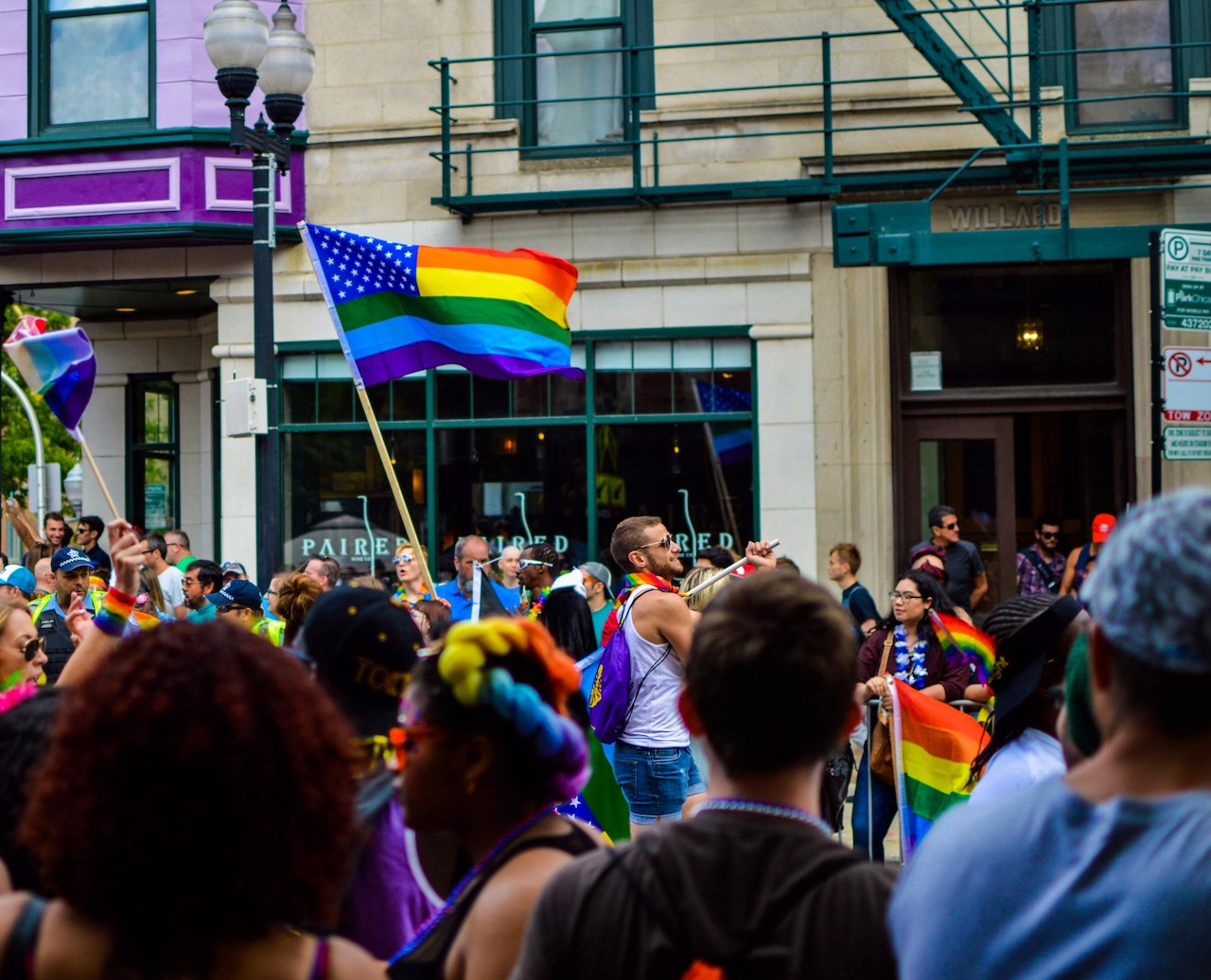LGBTQ+ Programming
Description

Eastern Michigan University provides multiple resources to LGBTQIA+ students and community members, such as gender inclusive bathrooms/housing and the option to have your preferred name and pronouns on your ID and my.EMICH account. While these are extremely helpful, we wish to offer more opportunities for faculty to grow their knowledge on LGBTQ+ issues to make their classroom as inclusive as it can possibly be.
The Faculty Development Center hosted three workshops to talk about addressing LGBTQ+ issues in education programming. We discussed everything from an introduction to LGBTQ+, such as the usage of pronouns and correct verbiage, to enhancing how we teach so that we as faculty can create a feeling of belonging and inclusion in the classroom. The three workshops covered topics including LGBTQ+ 101, Infusing LGBTQ+ Issues and Content Across the Curriculum, and Faculty-Student Interactions.
Workshops
Program 1: LGBTQ 101 (Queer Issues in Higher Education)
Facilitated by Hannah Bollin, Dyann Logwood, and Jay Sloan
February 6th, 3:30 PM - 4:45 PM
Broad introduction to the subject, including discussions on usage of pronouns, shifting terminology, being an ally, and identity-affirming practices and verbiage.
Program 2: Infusing LGBTQ+ Issues and Content Across the Curriculum
Facilitated by Beth Currans and Dibya Choudhuri
February 20, 3:30 PM - 4:45 PM
How do we enhance the breadth and depth of what we teach as well as how we teach, so that LGBTQ+ issues are infused throughout the curriculum seamlessly, rather than segregated to certain disciplines? Across disciplines, how do we teach and frame these issues in an intersectional way, where Queer identity is both diffused and salient (since LGBTQ+ people come from all backgrounds)?
Program 3: Faculty-student interactions
Facilitated by Uttara Manohar, Kari Havenaar, and Jessi Kwek
March 27, 3:30 PM - 4:45 PM
How do faculty create and sustain a feeling and culture of belonging and inclusion in their classes? How can faculty navigate issues - pronouns, name changes - that might arise in class? Furthermore, how can faculty create an environment which allows for these issues to arise and be discussed when students feel that it’s necessary, but without relying on students to use their personal identities to teach faculty about LGBTQ+ issues? How do we handle discussions of these issues in an effective manner?
